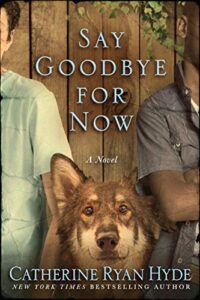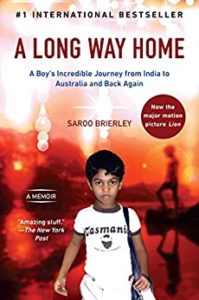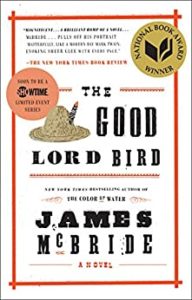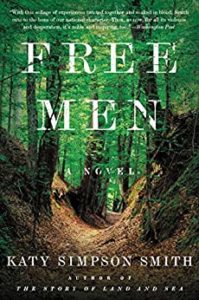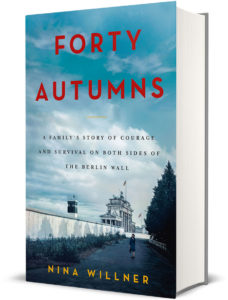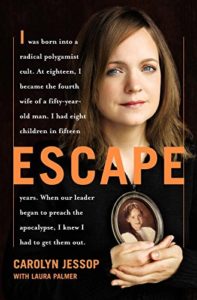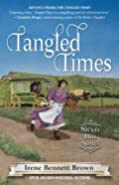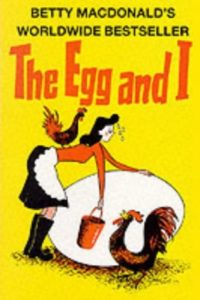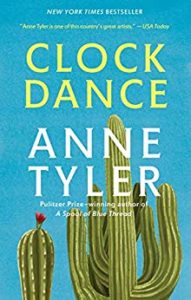Catherine Ryan Hyde has written yet another compelling, timeless novel, Say Goodbye for Now. Hyde has a knack for getting to the heart of issues without being preachy, while letting the reader feel the unfairness, distress, or heartache so unavoidable in our everyday lives.
It’s a hot summer day in Texas, 1959, and Pete and a friend are going fishing. Alongside the road the boys find a big dog—maybe even a wolf—that has something wrong with its leg. Maybe it was hit by a car. Pete’s friend doesn’t want to bother with the injured animal and continues with his fishing plans. But Pete just can’t leave the animal to suffer; he has to do something.
He returns to his home and gets an old wagon from the garage, returns, and manages to get the big dog into his wagon to seek help. On the way he meets a black boy, Justin, who walks along with Pete and the dog. The boys get to know each other and realize they might become friends.
They arrive at Dr. Lucy’s. She’s a crusty middle-aged lady who is actually licensed to practice medicine in Texas, but instead lives off her alimony and takes in stray and injured animals, all kinds of animals. She has retired race horses, dogs, birds, even a pig. She treats the injured animal Pete brings to her, and is quite certain it is part dog, part wolf. Pete forms a strong attachment to the dog whom he names Prince.
When Pete returns home, he’s in trouble for being so late, for being where he hadn’t permission to go, and also for being seen with a black boy. His father whips him so severely, he draws blood.
The next time Pete sees his friend Justin, he finds him terribly beaten. The boy claims white men beat him. Pete immediately takes him to Dr. Lucy’s. She recognizes serious head injuries and contacts the boy’s father, Calvin, for permission to treat him.
As Pete, Justin, Dr. Lucy and Calvin’s relationships grow, there are complications. Black people have little recourse for injustices; segregation is the norm. Texans are openly intolerant of minorities. Interracial marriages are against the law.
Say Goodbye for Now spans from 1959 to 1967, years that saw changes in law, and changes in attitude. I loved this book and especially appreciated Hyde’s unflinching treatment of interracial relationships.


